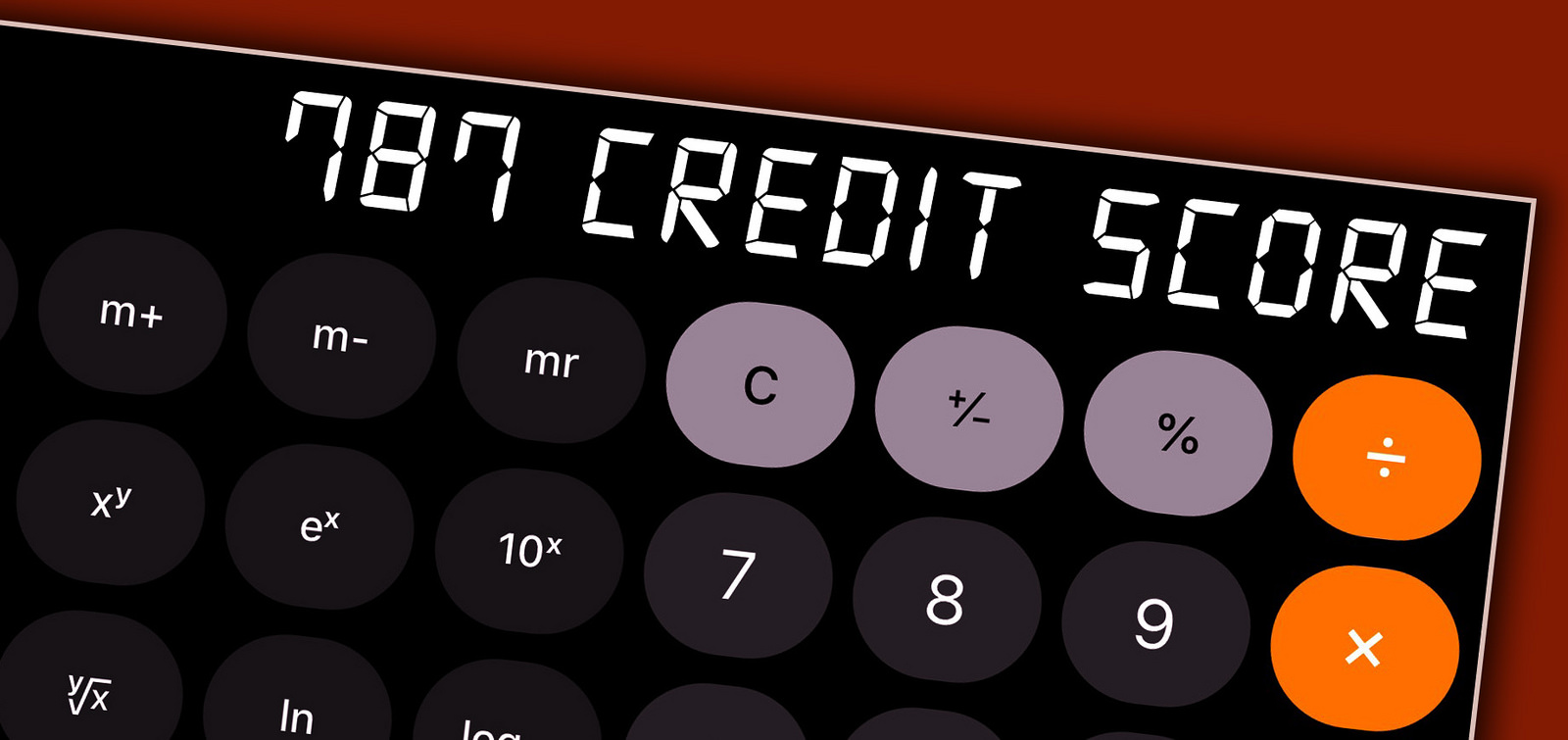Repairing a poor credit score takes a lot of diligence and work, but the payoff can be very exciting. For many people, reaching a credit score of 740, which is widely accepted as the threshold between good and very good credit, is a major milestone.
At this point, individuals become candidates for virtually any form of credit except truly elite credit products, such as American Express’ Centurion Card. However, eligibility for these products is typically more dictated by annual income than by credit score.
For the vast majority of products, a score of 740 will get the attention of lenders. It will also impress other individuals, such as potential landlords, who use the score as a measure of fiscal responsibility.
While reaching a credit score of 740 is cause for celebration, this moment also indicates a number of new possibilities that could actually save individuals a considerable amount of money. Some of the steps that individuals may want to take once they hit this landmark include:
-
Investigate new car insurance policies.
People who live in urban areas may pay quite a lot of money each month for car insurance. However, a number of insurers offer credit-based insurance. This means that a higher credit score qualifies individuals for lower rates.
In the eyes of insurers, one’s credit score has a correlation with the likelihood of filing a claim. An individual with a higher credit score demonstrates the type of care that may keep them out of accidents.
The credit-based insurance score is calculated differently than a FICO score, but those who have a 740 will likely qualify for the lowest rates possible. You may want to shop around between a few different insurers to see who will offer the lowest annual rate. You may be surprised at how much money you can save, especially if you first bought an insurance plan when your credit was much lower.

-
Consider a mortgage refinance.
The decision to refinance a mortgage depends on a number of different factors. If the current market rate is not far below the mortgage interest rate, or if it is actually higher, then refinancing does not make sense.
Once you have a score of 740 or above, you should start paying closer attention to the market rate and jump on an opportunity if it arises. Mortgages remain among the most difficult loans to secure. People only qualify for the lowest rates when they have excellent credit.
In general, a credit score of 740 will help you lock in a very competitive rate. Before making the final decision, you should go over all the numbers. Refinancing involves a number of other expenses that could end up making your monthly payments more than expected.
-
Become more diligent with credit reports.
As credit scores grow higher, individuals become more appealing to people who steal identities. Once you cross the threshold into very good credit, monitoring the number becomes less important that checking the actual report to make sure that no erroneous information is reported.
Checking your report can also help you catch identity theft attempts early—before they become a problem. People may want to consider identify theft protection tools and credit monitoring to keep close track of everything that is going on with their credit. These services also generally report numbers so that people can see if the score starts to fall and take actions to prevent it from continuing on that trajectory.
-
Think about purchasing a new vehicle.
Once individuals have a credit rate in the mid-700s, they become eligible for some of the lowest rates on auto loans. Sometimes, people will actually qualify for a loan with a zero-percent introductory period, especially if they are flexible about the type of car they want.
Dealerships and other creditors may have zero-percent interest rates for anywhere from 36 to 60 months, which is almost like getting free money. Of course, individuals need to look at their specific situation before deciding to make a purchase.
If you can sell your current vehicle and break even on the loan, then it could make sense to take advantage of a great auto loan deal. If, on the other hand, you have a paid-off vehicle still in good shape, it may make the most sense to wait a couple of years, during which time your score may climb even higher.

-
Pay closer attention to credit card debt.
Credit card debt is common, and even people with excellent credit may still carry this type of debt. One way to get this number under control is to look into balance transfer offers. With excellent credit, people can often secure balance transfer deals with a zero-percent interest grace period.
By eliminating the hefty interest rates of most credit cards, you may be able to pay down your balances much faster. Before making this decision, read the fine print about balance transfer fees and the interest rate structure once the grace period ends.
With a score of 740, you may also start to qualify for some cards with lower interest rates and great perks, such as higher reward rates and sign-up bonuses. When looking at new cards, it is fine to upgrade one card, but applying for multiple new accounts can cause your credit score to take a dive.
Featured Image courtesy Mike Lawrence | Flickr

